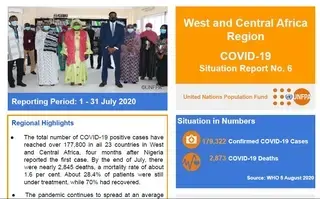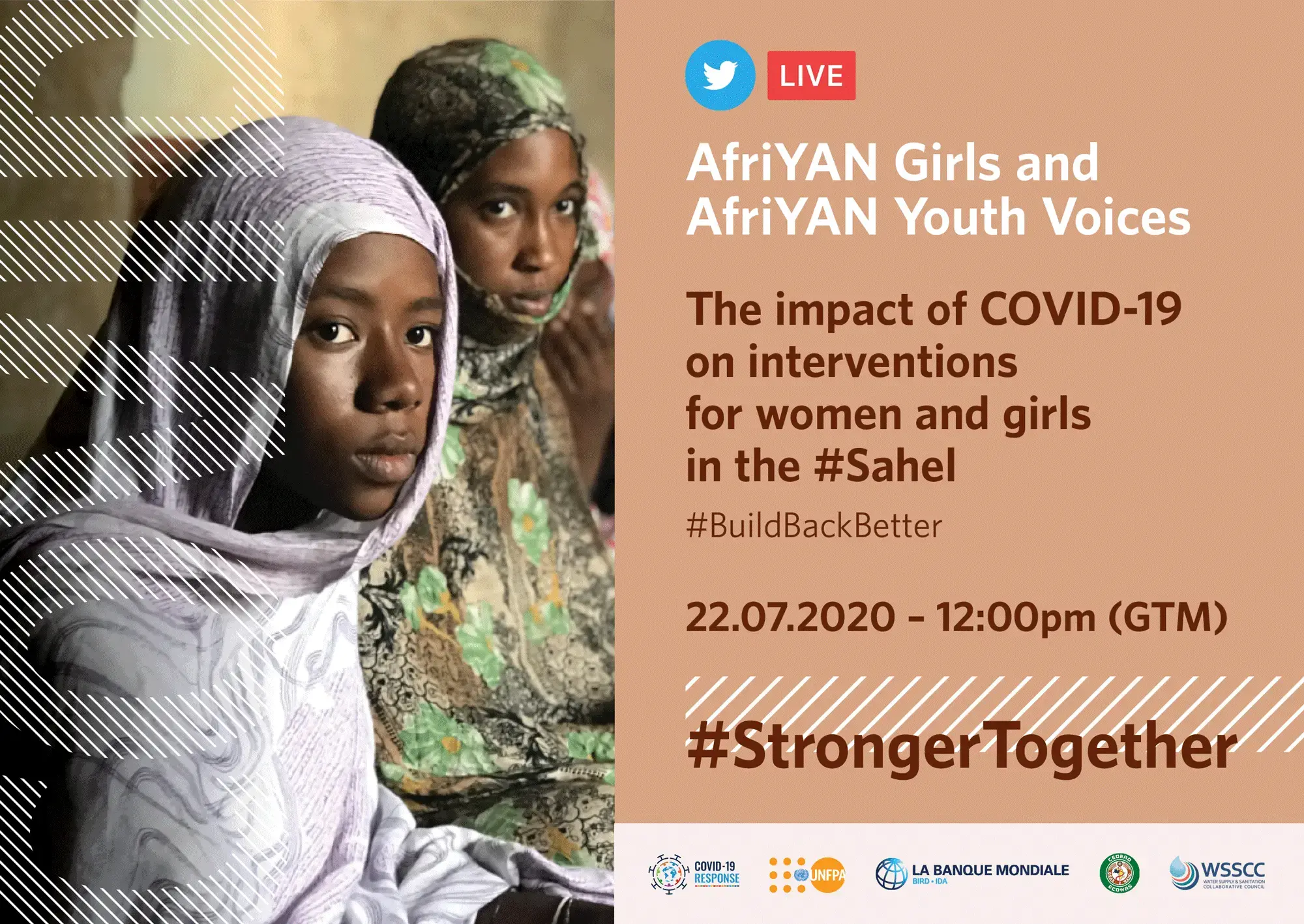Action de l'UNFPA
La pandémie de COVID-19 sévit partout dans le monde et met à rude épreuve les systèmes de santé publique, déclenchant des mesures sans précédent de la part des gouvernements du monde entier, notamment des restrictions de mouvement et des ordonnances de confinement. Les épidémies précédentes montrent que cette crise pourrait imposer un lourd tribut aux femmes et aux filles. Les femmes sont représentées de manière disproportionnée dans les secteurs de la santé et des services sociaux, ce qui augmente leur risque d'exposition à la maladie. Le stress, la mobilité limitée et les perturbations des moyens de subsistance augmentent également la vulnérabilité des femmes et des filles à la violence ainsi que l'exploitation basée sur le genre. De ce fait, les systèmes de santé réorientent les ressources des services de santé sexuelle et reproductive, l'accès des femmes à la planification familiale, aux soins prénatals et à d'autres services essentiels pourrait en souffrir.
L'UNFPA est sur le terrain pour distribuer des équipements de protection individuelle aux agents de santé et soutenir les systèmes de santé en cas de besoin. L'UNFPA soutient également les efforts d'information sur le virus et son impact afin de mieux servir les plus vulnérables. "Bien que la peur et l'incertitude soient des réponses naturelles au coronavirus, nous devons être guidés par des faits et des informations solides", a déclaré le Dr Natalia Kanem, Directrice exécutive de l'UNFPA. « Nous devons être solidaires, lutter contre la stigmatisation et la discrimination et veiller à ce que les gens obtiennent les informations et les services dont ils ont besoin.»





